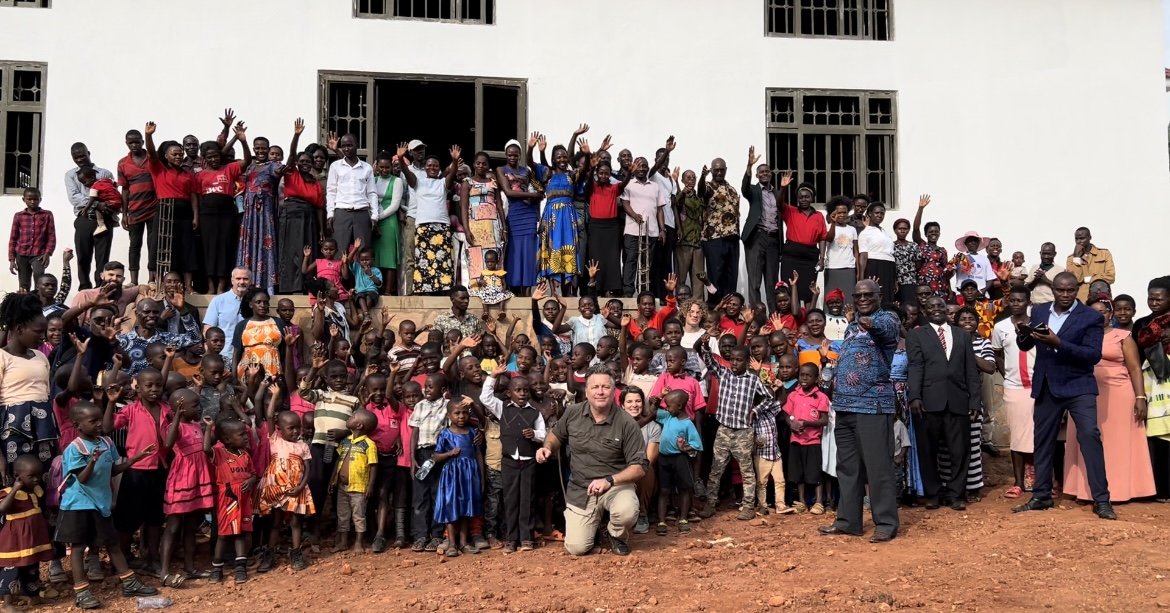About
Transformed people, transform communities.
We are focused on building 4 pillars that will support the transformation of the people who will transform their community. These are enacted simultaneously.
School
The first permanent structure that we build is a school. In most of the villages we work in, this will be the very first opportunity any of the children have to attend school. The teachers are Christians who have agreed to commit at least 2 years of their lives to live and teach in the community. They are missionaries in their own country. In a country where as many as half of the children grow up illiterate, the skill of reading gives them an advantage in every part of their life.
Health
Depending on the village, we will construct an actual clinic. If we don’t construct an actual clinic in the village, there is access to healthcare given through medical professionals who regularly visit the villages. A simple ailment, like diarrhea, in Western Culture is stopped through a cheap over-the-counter medication. In Uganda, it is the number 1 killer of children.
Nutrition is another part of the focus on the health of those in the village. The children at the school are given a nutritious meal every day. For many of them, it’s the only full plate they will see. A well-fed child has a well-functioning brain and a well-functioning brain gives them the ability to absorb and retain what they are learning.
Church
We don’t require anyone to become a Christian, but as they watch how the Lord is moving on their children many families will put their trust in Christ. The local church becomes the hub of all that Jesus is doing in the lives of those who live there. The church meets in a section of the school that is set aside on Sundays for them to gather.
The church is led by an indigenous pastor that has been trained, discipled, equipped, and called to locate him and his family into a village that has been identified. When God wants to solve a problem, He appoints a person. The pastor is the shepherd who creates a permanent presence in the community.
Clean Water
Every village is given at least one clean water well. It is centrally located and the entire village is given access to the water. These villages historically depend on bacteria-infested pools of water that often dry up for portions of the year. A well gives them access to clean water year-round.





